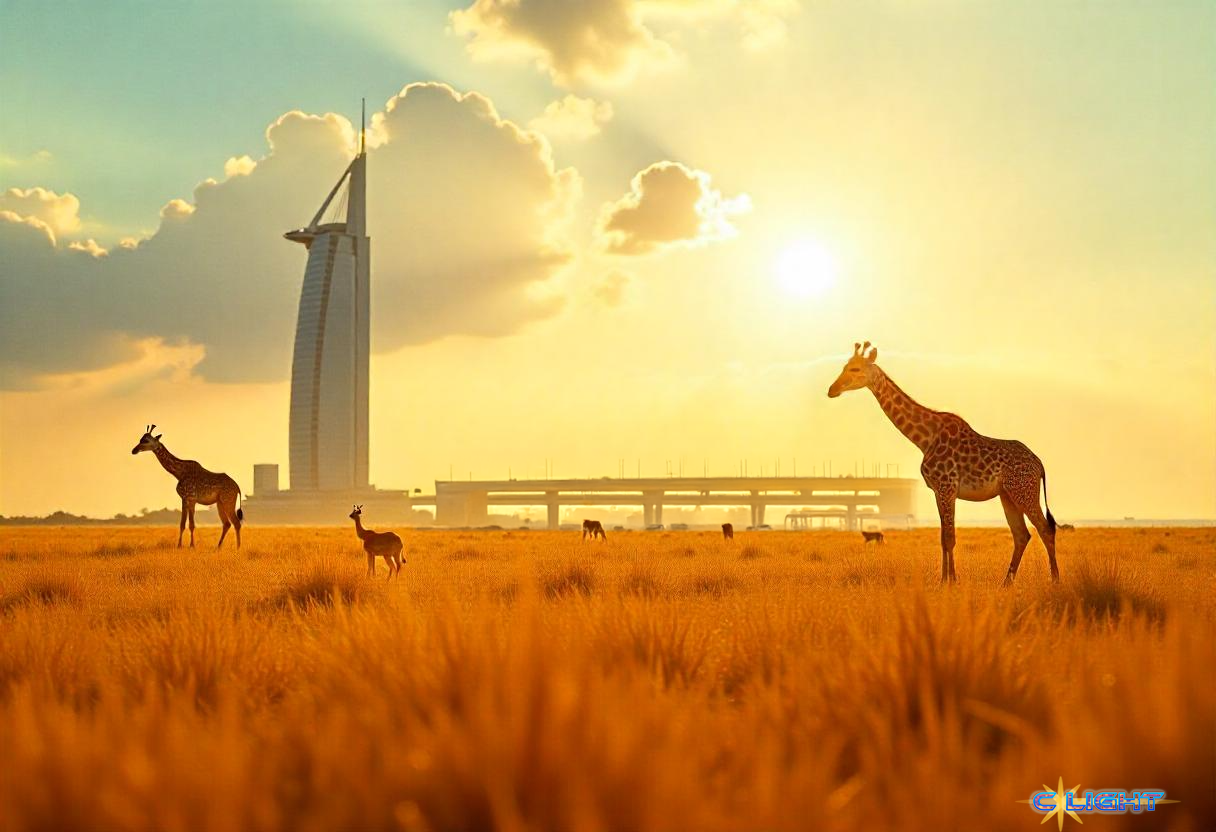Biodiversity – the variety of life, specifically focusing here on animals and plants – is incredibly important for a multitude of interconnected reasons, impacting everything from the stability of ecosystems to human survival and well-being, Over the years, we hear about the importance of bees and butterflies and are warned that we need to help them survive. A recent synthesis of more than 2,000 studies shows that Humans are driving biodiversity loss among all species across the planet, not just bees and butterflies. The consequences spell danger if we don’t act universally in a deliberate manner.
Yeah, we’re screwed.
Humans, as a group, have never given a shit about biodiversity. If we did, we’d put more thought into things like spreading ourselves across the globe, burning fossil fuels, and paving over every last piece of grass we can find. While it’s tempting to argue that we’ve been this way forever, it’s only been since the dawn of industrialization that we’ve really ramped up the destruction. We no longer work close to where we live. We don’t buy goods from our neighbors. Most people can’t tell you which fruit is in season right now where you live.
We’ve created a world of convenience that, in theory, makes our lives more palatable. We come home to temperature-controlled houses, dine on exotic foods delivered directly to our front door, and watch movies on large screens while lying in bed. We like to think that we have it all, but all that we have is going to be what kills the entire freaking planet.
The study – which accounted for nearly 100,000 sites across all continents – found that human activities had resulted in “unprecedented effects on biodiversity”, according to the paper published in Nature. And no, those effects were not positive. We’re rapidly killing off the parts of the planet that do the most to keep us alive.
Human pressures distinctly shifted community composition (essentially, which species live where) and decreased local diversity, researchers found. On average, the number of species at human-impacted sites was almost 20% lower than at sites unaffected by humans. If you think about it, this makes sense. We don’t see too many Bison roaming around, eating prairie grass off the streets in Indianapolis, do we? While there are the occasional incidents of bears wandering into backyards to check out the pool, the only ‘wildlife’ most people are likely to see are those species, such as raccoons, that have adapted to living off our thrown-away excess.
The analysis covered five drivers of decline: habitat change, direct exploitation of resources (such as hunting or fishing), climate change, invasive species, and pollution. We’ve known about the effects of these conditions for years, but all calls toward taking any positive action have been largely ignored. In today’s governments, even the few positive programs that had existed are being eliminated, considered as waste.
Lynn Dicks, professor of ecology at Cambridge University, described it as a “useful and important analysis”, but said the findings revealed “no great surprises”. She said: “We know that humans are hugely changing biodiversity across the planet, causing new and different communities of plants, animals, and microbes to form, which can cope with the sometimes very harsh conditions we create. A big concern for me is how to ensure that those species that can live alongside us, many of which provide key ecological functions like pollination, decomposition, and seed dispersal, have large enough populations and enough genetic diversity to continue evolving.”
Perhaps we were all sleeping when this was covered in elementary school science classes, but biodiversity is rather important to continued human existence. It’s not enough that a planet merely has the ability to support life. Any planet to which we might eventually migrate has to be able to support an entire, diverse ecological system, carefully balanced and maintained for humans to live. We’re not going to just plop down on some rock, build a dome, and be okay.
Diverse ecosystems have complex food webs and relationships. If one species declines due to disease or environmental change, others can often fill its niche or compensate, preventing a total ecosystem collapse. Monocultures (areas with very few species) are extremely vulnerable. There is a point at which human interference, especially city building, can completely wipe out an ecosystem.
Different species play different roles: plants produce oxygen and form the base of food webs, insects pollinate crops, worms and fungi decompose waste and enrich soil, predators control pest populations, and forests regulate water cycles. A greater variety of species ensures that these vital “ecosystem services” are performed reliably and efficiently.
A huge percentage of modern medicines originate from compounds found in plants, animals, and microorganisms. Aspirin (from willow bark) and many cancer treatments are examples. Losing biodiversity means potentially losing undiscovered cures for diseases. If you thought that the folks at Lilly were just creating synthetics out of thin air and greed, think again. The turn toward synthetics in medicine is an attempt to replicate natural structures that have become extremely endangered. Were it not for such advances in medicine, the die-off would have started decades ago.
This isn’t just another alarmist paper. This paper presents the realization that we’re much worse off than we had imagined. Biodiversity isn’t just a “nice-to-have”; it’s the foundation of healthy ecosystems that provide the essential resources and services necessary for human survival, economic prosperity, and overall quality of life. Losing it weakens the planet’s ability to support life, including our own.
But please, go ahead and have another chemical-laced donut, put your feet up, and watch another episode of some tacky reality program. There’s almost certainly enough air and resources for, oh, the next year or two.
Beyond that, no one’s making any promises.
Discover more from Clight Morning Analysis
Subscribe to get the latest posts sent to your email.










